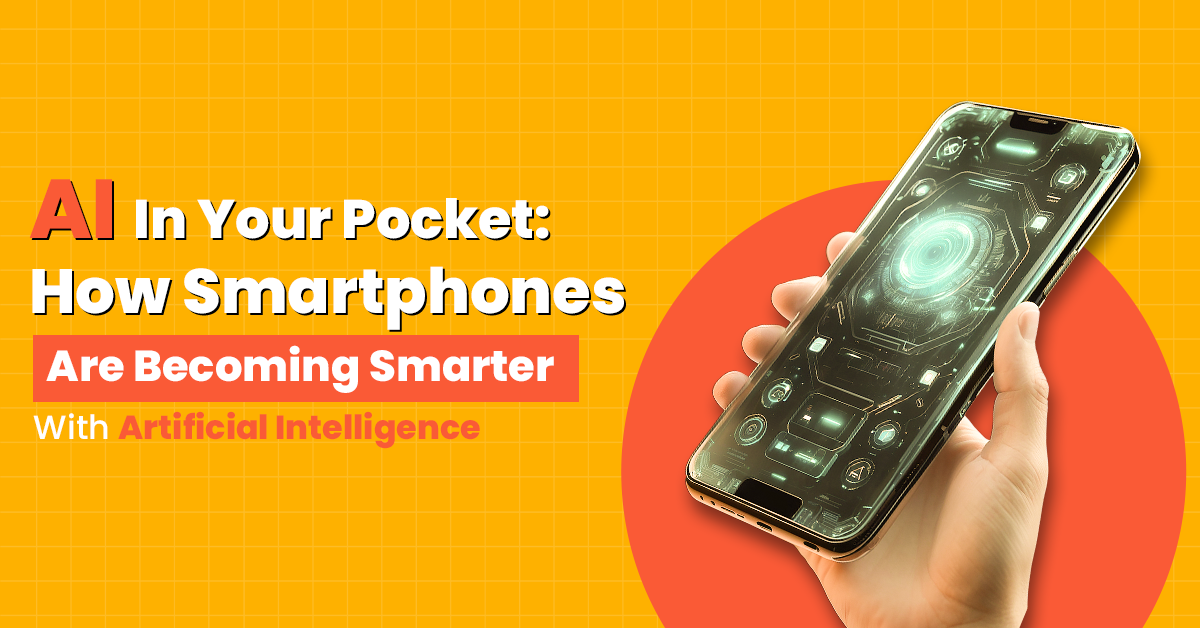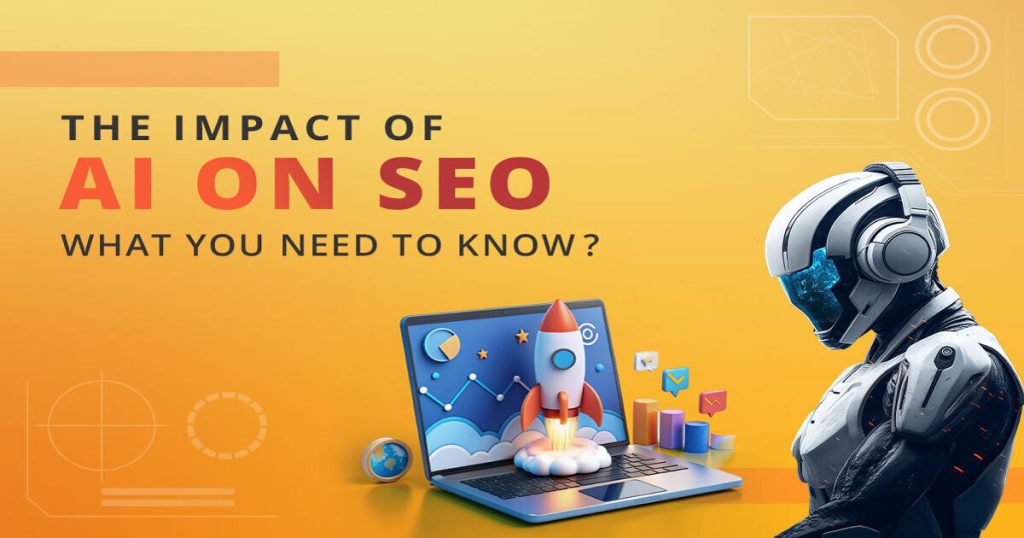In today’s world, smartphones have become an essential part of our daily lives. We use them for communication, entertainment, education, and even for work. But have you ever wondered what makes these devices so smart? The answer lies in Artificial Intelligence (AI). AI is a technology that enables machines to mimic human intelligence, allowing them to learn, reason, and solve problems. In this article, we will explore how AI is transforming smartphones and making them smarter, with real-world examples and insights.
What is Artificial Intelligence?
Understanding AI
Artificial Intelligence is a branch of computer science that focuses on creating systems capable of performing tasks that usually require human intelligence. These tasks include recognizing speech, making decisions, and translating languages. AI systems use algorithms, which are sets of rules, to process data and learn from it.
Types of AI
There are two main types of AI:
Narrow AI: This type of AI is designed to perform a specific task. For example, the voice assistant on your phone is a form of narrow AI because it is designed to understand and respond to voice commands.
General AI: This is a more advanced form of AI that can perform any intellectual task that a human can do. As of now, general AI is still a concept and does not exist yet.
How AI is Integrated into Smartphones
Voice Assistants
One of the most common examples of AI in smartphones is voice assistants like Siri (Apple), Google Assistant (Google), and Alexa (Amazon). These assistants use natural language processing (NLP) to understand and respond to voice commands. For instance, you can ask Siri to set a reminder, play a song, or send a message. The AI behind Siri processes your request and performs the task for you.
Camera Enhancements
AI has also revolutionized smartphone cameras. Modern smartphones use AI to enhance photo quality by adjusting settings like exposure, contrast, and saturation automatically. For example, Google Pixel phones use AI to improve night photography. The Night Sight feature allows users to take clear and bright photos in low-light conditions without using a flash.
Personalized Recommendations
AI helps smartphones provide personalized recommendations based on user behavior. For instance, streaming services like Netflix and Spotify use AI to recommend movies, TV shows, and music based on what you have previously watched or listened to. Similarly, e-commerce apps like Amazon use AI to suggest products you might be interested in buying.
Battery Management
Smartphones use AI to manage battery life efficiently. AI algorithms analyze your phone usage patterns and adjust settings to conserve battery power. For example, AI can limit background activity of apps that you do not use frequently, thereby extending your phone’s battery life.
Security Features
AI enhances smartphone security through features like facial recognition and fingerprint scanning. These technologies use AI to accurately recognize your face or fingerprint, ensuring that only you can unlock your phone. Apple’s Face ID, for example, uses machine learning to adapt to changes in your appearance, such as growing a beard or wearing glasses.
Real-World Examples of AI in Smartphones
Google Assistant
Google Assistant is one of the most advanced AI-powered voice assistants available today. It can perform a wide range of tasks, from setting alarms to controlling smart home devices. One of its standout features is its ability to hold a conversation. Google Duplex, an extension of Google Assistant, can make phone calls on your behalf to book appointments or make reservations.
Apple’s Siri
Siri is Apple’s voice assistant, integrated into all Apple devices. Siri can perform various tasks such as sending messages, making calls, and providing weather updates. With each new iOS update, Apple improves Siri’s capabilities using AI, making it more accurate and efficient in understanding user commands.
Huawei’s AI-Powered Camera
Huawei smartphones are known for their advanced AI-powered cameras. The AI recognizes different scenes and adjusts camera settings accordingly. For example, if you are taking a photo of food, the AI will enhance the colors to make the dish look more appetizing. Huawei’s AI also helps in stabilizing video footage and reducing motion blur.
Samsung’s Bixby
Bixby is Samsung’s AI-powered assistant. It is designed to help users interact with their devices more naturally. Bixby Vision, a feature of Bixby, uses AI to analyze the content of photos and provide relevant information. For example, you can point your camera at a landmark, and Bixby Vision will provide details about it.
The Future of AI in Smartphones
Improved Personal Assistants
As AI technology continues to advance, we can expect personal assistants to become even more intelligent and capable. They will be able to understand context better and provide more accurate and relevant responses. Future personal assistants might be able to perform complex tasks like making travel arrangements or providing personalized health advice.
Enhanced Augmented Reality (AR)
AI will play a significant role in enhancing augmented reality experiences on smartphones. AR technology overlays digital information onto the real world. For example, AR apps can help you visualize how furniture will look in your home before you buy it. AI can improve the accuracy and realism of these overlays, making AR more useful and engaging.
Smarter Health Monitoring
AI will also contribute to more advanced health monitoring features on smartphones. Current smartphones can track basic health metrics like steps taken and calories burned. In the future, AI could help in detecting early signs of health issues by analyzing data from various sensors and providing personalized health recommendations.
Better Battery Efficiency
Future smartphones will use AI to manage battery life even more efficiently. AI will learn your usage patterns and predict when you will need your phone the most, adjusting power settings accordingly. This will help in maximizing battery life without compromising on performance.
Advanced Security Measures
As cybersecurity threats continue to evolve, AI will be crucial in developing advanced security measures. Future smartphones will use AI to detect and prevent security breaches in real-time. This will include more sophisticated facial recognition, voice recognition, and even behavioral biometrics to ensure that your phone remains secure.
Conclusion
Artificial Intelligence has significantly transformed smartphones, making them smarter and more capable than ever before. From voice assistants and camera enhancements to personalized recommendations and advanced security features, AI is at the heart of many innovations in modern smartphones. As AI technology continues to evolve, we can expect even more exciting developments in the future, making our smartphones an even more integral part of our lives. Understanding the role of AI in smartphones helps us appreciate the incredible technology we have in our pockets and look forward to the future of smart devices.




